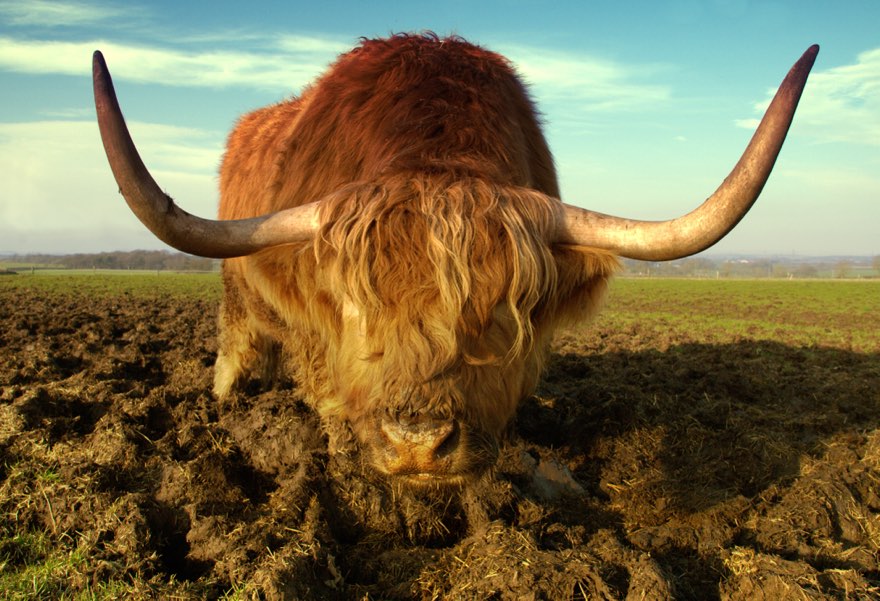The Impact of infectious disease on livestock health

- From a family of animal journals to a family of organizations
- Tianhai Yan Awarded the 2024 Sir John Hammond Award for Outstanding Contributions in Animal Science
- Prof. David Kenny Appointed as President of the British Society of Animal Science Marking a Milestone for Ireland
- The winds of change are blowing at animal – open spac
- View All
The Impact of infectious disease on livestock health
The Impact of infectious disease on livestock health
BSAS membership has expertise across a vast range of animal science disciplines, including animal heath and welfare.
Livestock health is a critical component of agricultural systems worldwide. Whether it's dairy cows, beef cattle, pigs, or poultry, maintaining the health and well-being of these animals is essential for sustainable farming practices. However, various factors, both infectious and non-infectious, can significantly impact livestock health, leading to economic losses, welfare issues and environmental concerns.
Infectious diseases pose a significant threat to livestock health. Pathogens including bacteria, viruses, and parasites cause a range of sub-clinical and clinical conditions. Outbreaks of exotic diseases such as the recent cases of Bluetongue in the South of England and avian flu within poultry flocks are newsworthy. Arguably, however, endemic diseases such as mastitis in dairy cattle and salmonellosis in chickens have the greatest impacts year on year. These diseases not only affect the health and welfare of animals but also have significant economic implications for farmers. Production losses, such as reduced milk or meat yields, directly impact farm revenues. Additionally, expenses incurred for disease treatment and prevention measures further strain agricultural budgets.
Moreover, livestock health issues are often seen now within a One Health framework, emphasising the interconnectedness of human, animal, and environmental health. In the setting of livestock production, this approach highlights the importance of addressing zoonotic diseases, which are infections that can be transmitted between animals and humans. Zoonotic diseases such as toxoplasmosis, salmonellosis and avian flu pose risks to both animal and human populations, in particular to those in direct contact with infected livestock and livestock products.
However, within the One Health context the environmental impact of livestock disease is often overlooked. Control of livestock disease is a win: win: win in terms of human health, financial viability but also environmental sustainability of the industry. The involuntary culling of sick animals that lead to the increased numbers of replacement animals, the costs associated with the production of milk discarded due to elevated somatic cell counts or maintenance of a pregnancy that results in a dead calf or lamb significantly contribute to environmental stressors such as land use, Greenhouse gas emissions, water consumption, and waste management.
Maintaining and improving livestock health is therefore paramount for the future of sustainable agriculture, with implications for production efficiency, farm finances, and the environment. Our members are working to build evidence to deliver knowledge for farmers to optimise the health of their animals. Our annual conference is a great place to come and hear what we are doing in this area.
Author: Nick Wheelhouse, Associate Professor in Microbiology at Edinburgh Napier University
